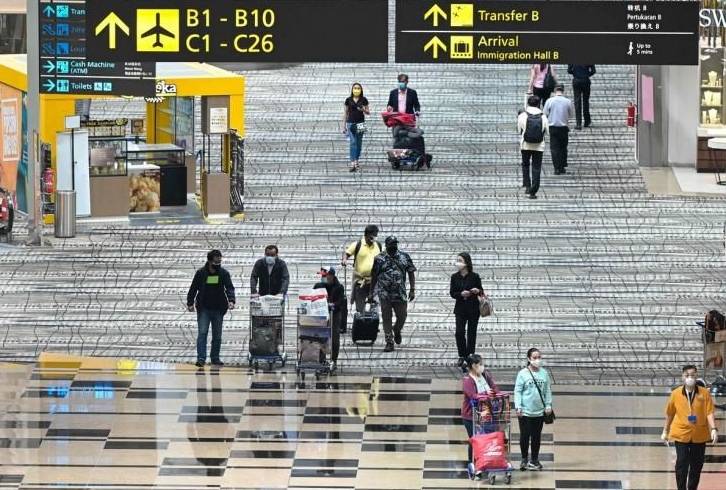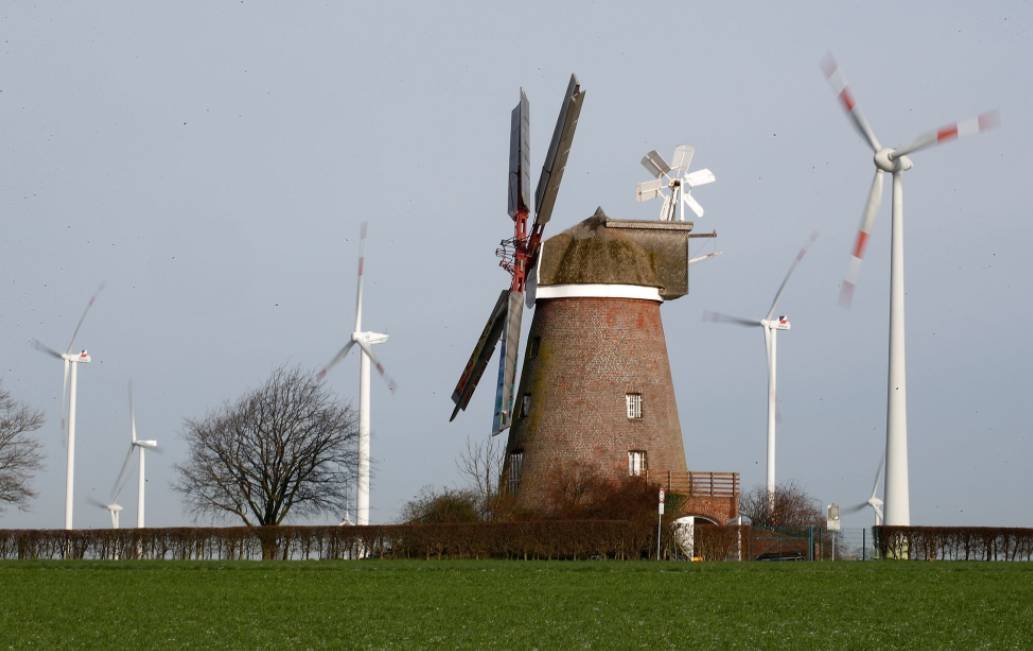
A safe opening of borders is needed in the Asia-Pacific region so businesses can reconnect with the world and support economic recovery after the Covid-19 pandemic, said Trade and Industry Minister Gan Kim. Yong.
“Business transactions can be done virtually, but nothing can replace face-to-face interaction to build relationships and trust,” he said at a meeting of the Asia-Pacific Economic Cooperation (APEC) Business Advisory Council on Wednesday (Feb. 16).
The four-day council meeting of Abac, the 21-member private arm of APEC, is being held in Singapore in a hybrid format at Resorts World Sentosa.
Abac’s mandate is to advise APEC government leaders and officials on issues of interest to the business community. In addition to Asia, APEC members include the United States, Russia, Australia, Canada, Chile, Mexico, New Zealand and Peru.
A total of 100 delegates attended Wednesday’s meeting physically, while the same number of delegates registered virtually for the morning session.
Gan said: “As the voice of enterprises, Abac has a unique ability to influence and lead many positive changes in the integration of APEC economies.”
He welcomed the council’s work last year on the Task Force on Opening Borders for Safe and Seamless Movement, chaired by Abac Singapore and Executive Director Lam Yee Yang of the Singapore Business Federation.
The task force’s recommendations led to the creation of the APEC Task Force on Safe Passage, which will hold its first meeting Feb. 21 to discuss ways to ensure the safe and smooth resumption of cross-border travel among APEC members.
Gan said Singapore supports work along these lines, including discussions on simplifying medical protocols and mutual recognition of health certificates.
“While Covid-19 remains unpredictable, we must find a way to live with the virus, especially through vaccination,” he said.
“This approach has allowed Singapore to continue on the path to opening our borders in a safe and measured way to facilitate international travel,” he added, referring to the introduction of quarantine-free lanes for vaccinated travellers.
“This will help further expand our travel network and strengthen our ties to the rest of the world.”
Gan said that to further strengthen the economic recovery, APEC members should also explore opportunities for cooperation in the digital economy, capitalize on new growth prospects in the green economy and improve supply chain resilience.
The minister said APEC’s gross domestic product is projected to grow by 4.2% this year after growing 5.8% last year.
Abac’s meetings here, which end Feb. 18, cover five topics, each under the purview of the working group: regional economic integration; digital; sustainability; finance and economics; micro, small and medium-sized enterprises; and inclusion.
Lam, who chairs the Abaca Working Group on Regional Economic Integration, said that while Covid-19 is the worst crisis the world has faced in a long time, it also showed how people and communities adapt, innovate and can rise together to meet a common challenge.
“Opening borders is vital to rebuilding our economy and society,” he said.
Abac’s discussion in this regard will allow the Asia-Pacific region to not only recover, but to build a stronger, more resilient and sustainable economy, he said.
Lam said holding the Abac meeting in a hybrid format is part of Singapore’s efforts to open its borders, reconnect with its people and resume business as usual.

 Exploring the Enigma of ‘Blue Zones’: Global Hotspots for Longevity
Exploring the Enigma of ‘Blue Zones’: Global Hotspots for Longevity  Ethical Considerations in the Development of Future AI Assistants: Insights from Researchers
Ethical Considerations in the Development of Future AI Assistants: Insights from Researchers  AI Revolutionizes Agriculture: Robotics and Lasers Join Forces to Tackle Weeds Across Farmlands
AI Revolutionizes Agriculture: Robotics and Lasers Join Forces to Tackle Weeds Across Farmlands  AI Unveils Groundbreaking Antibiotic Effective Against Superbugs
AI Unveils Groundbreaking Antibiotic Effective Against Superbugs 


